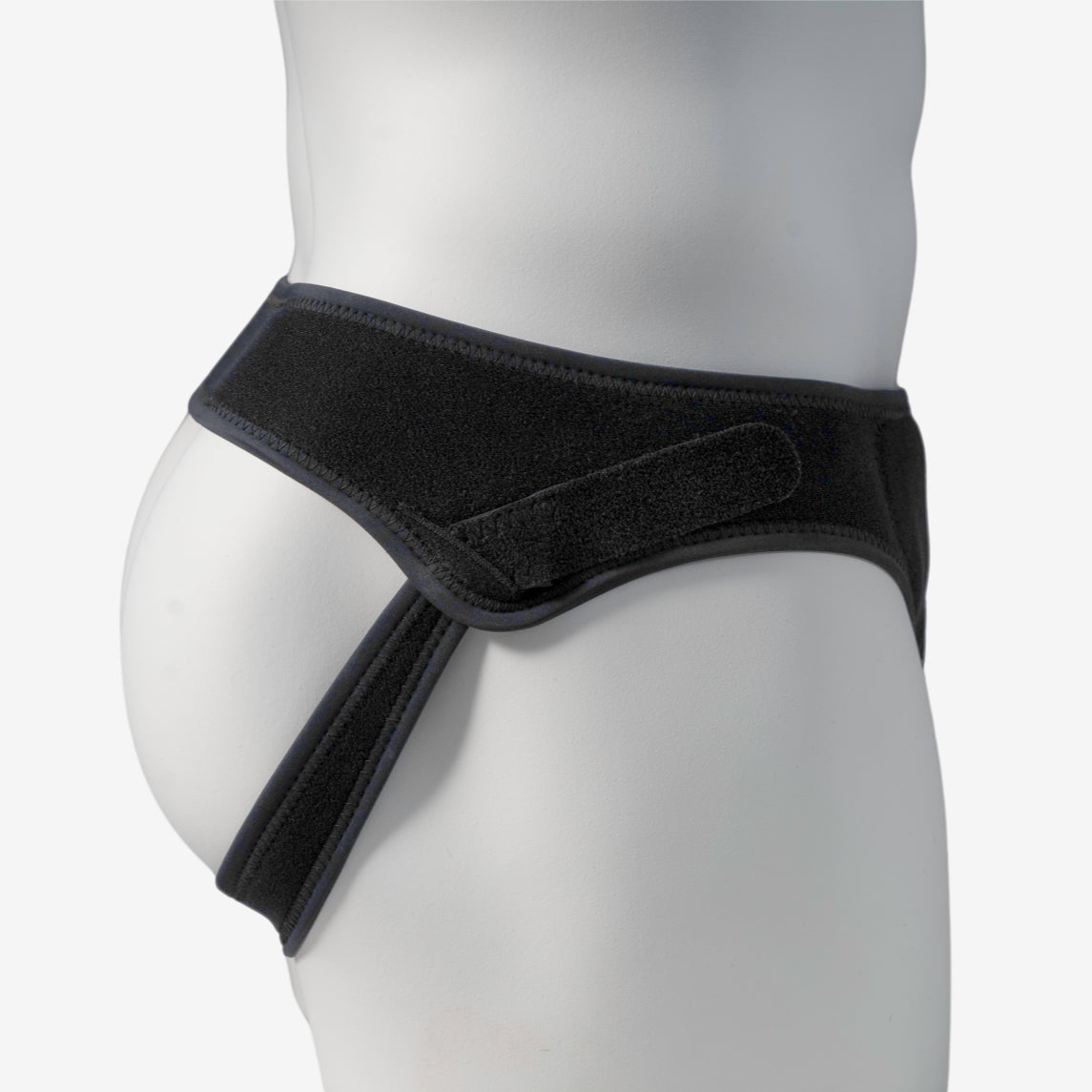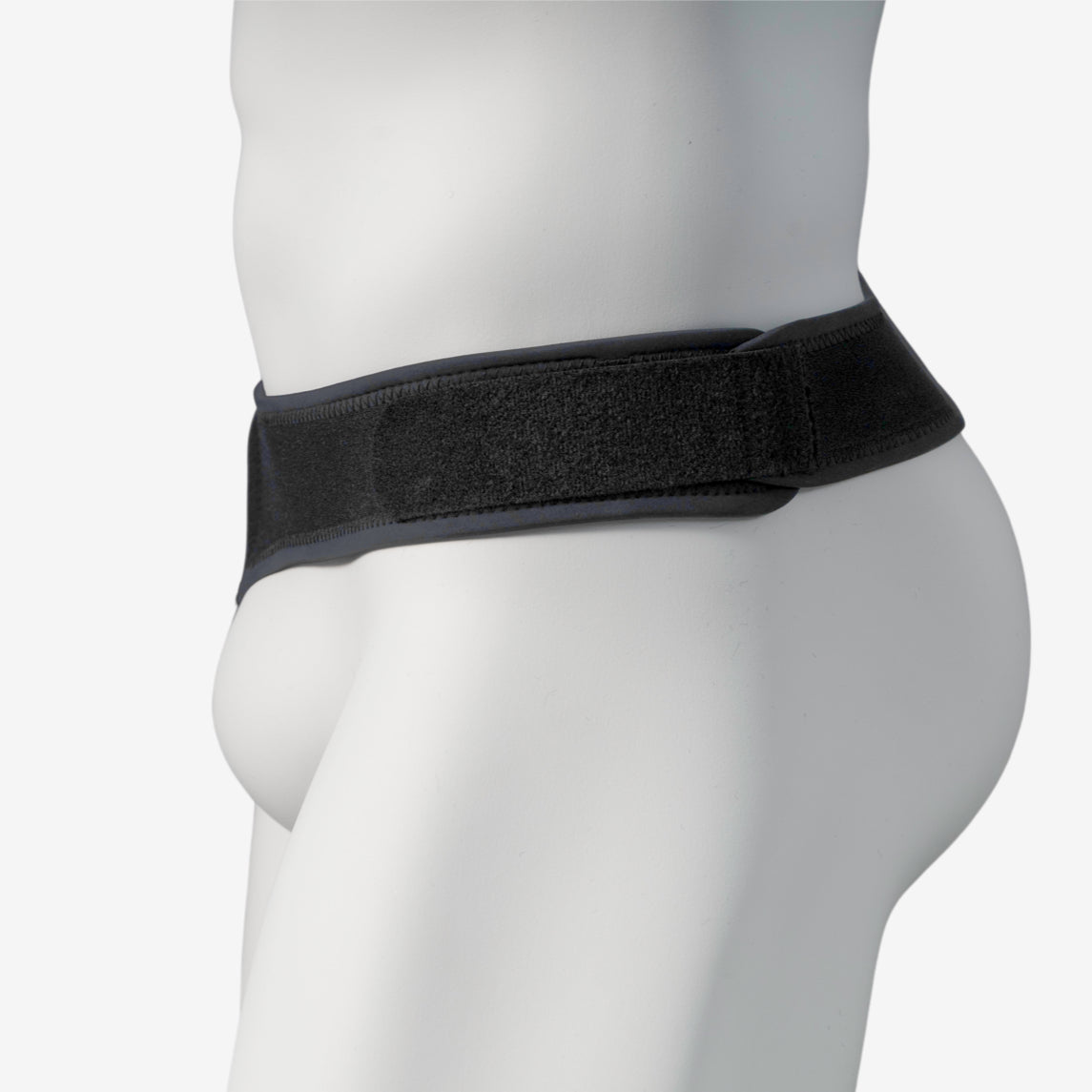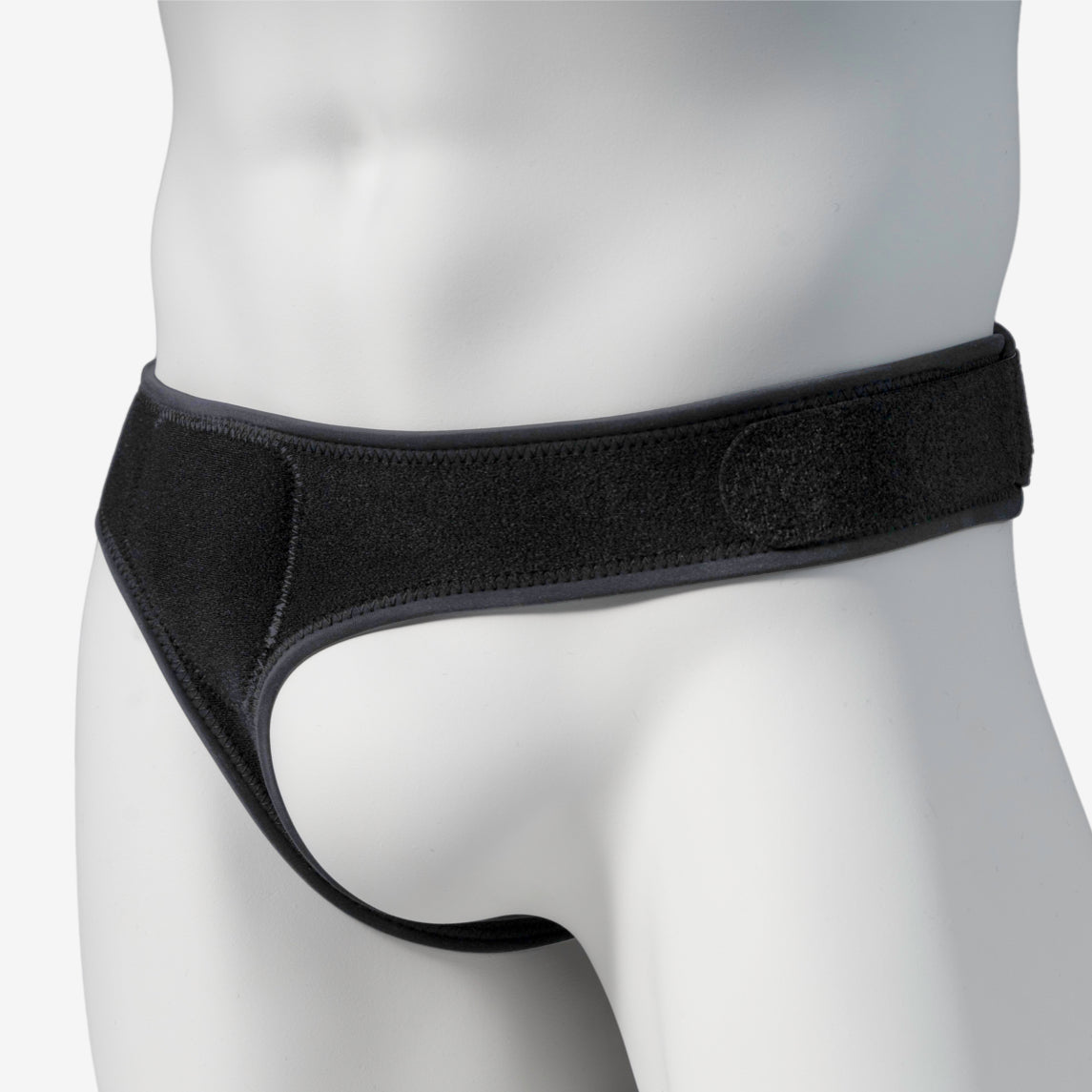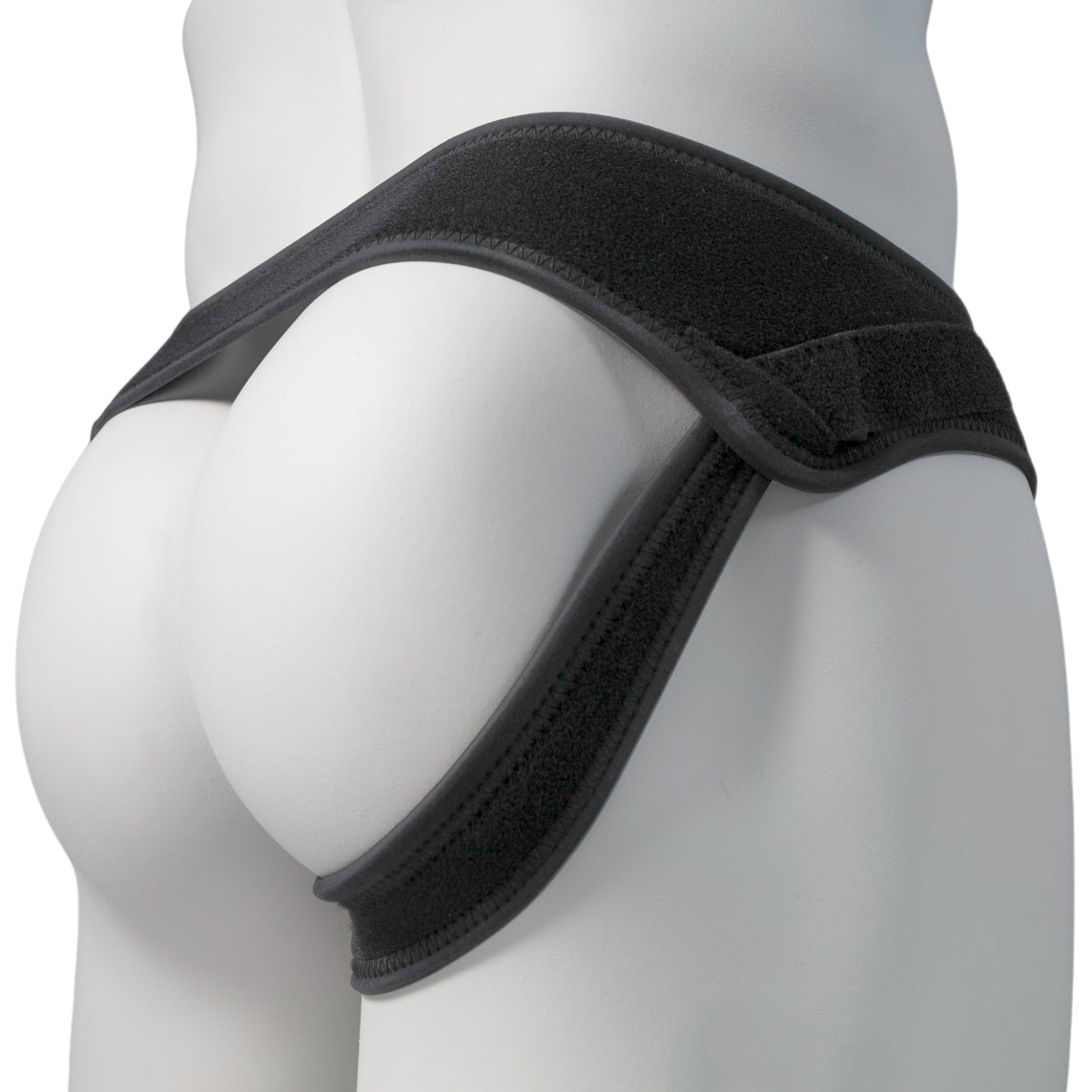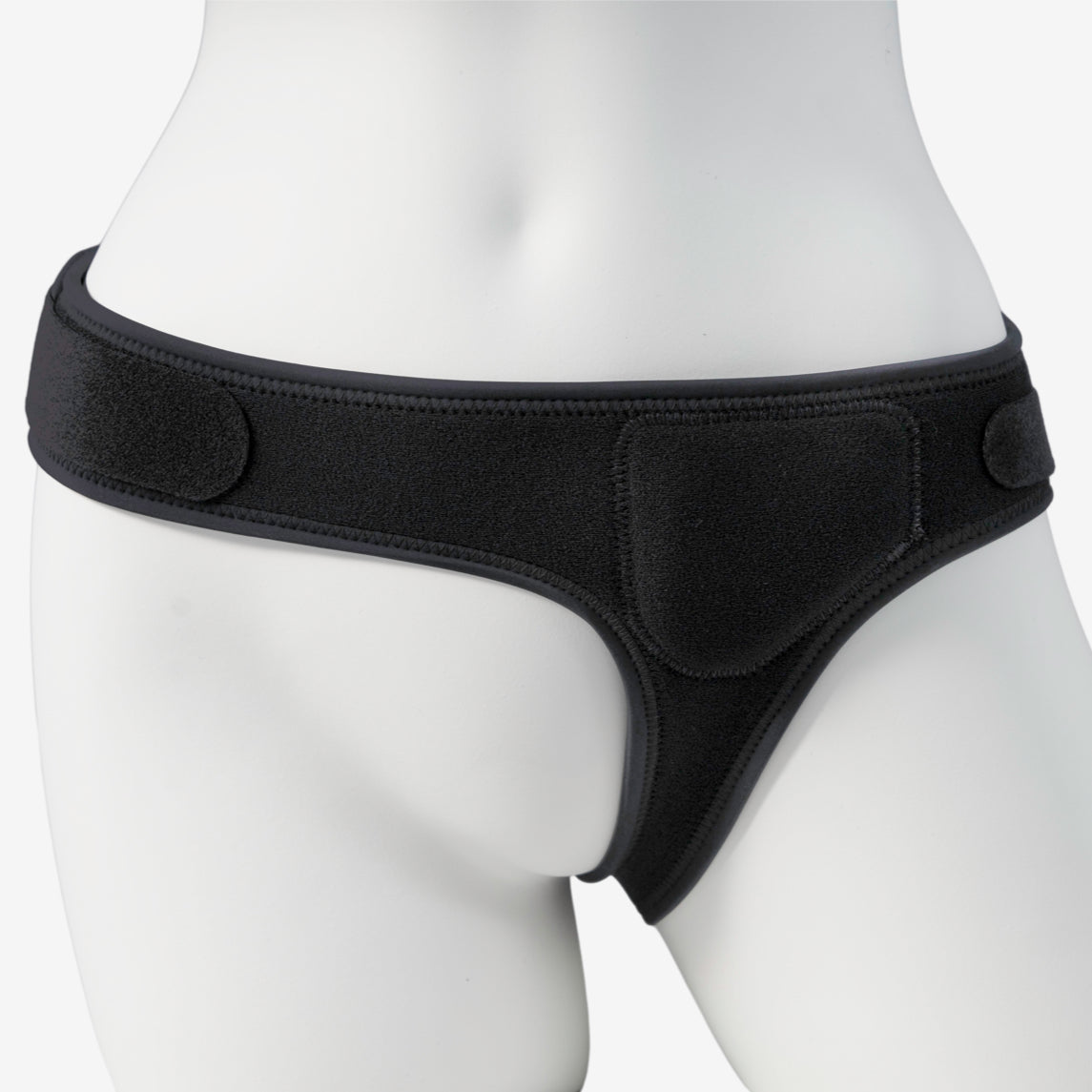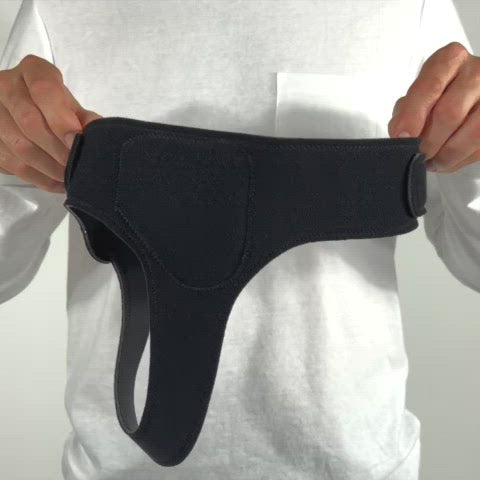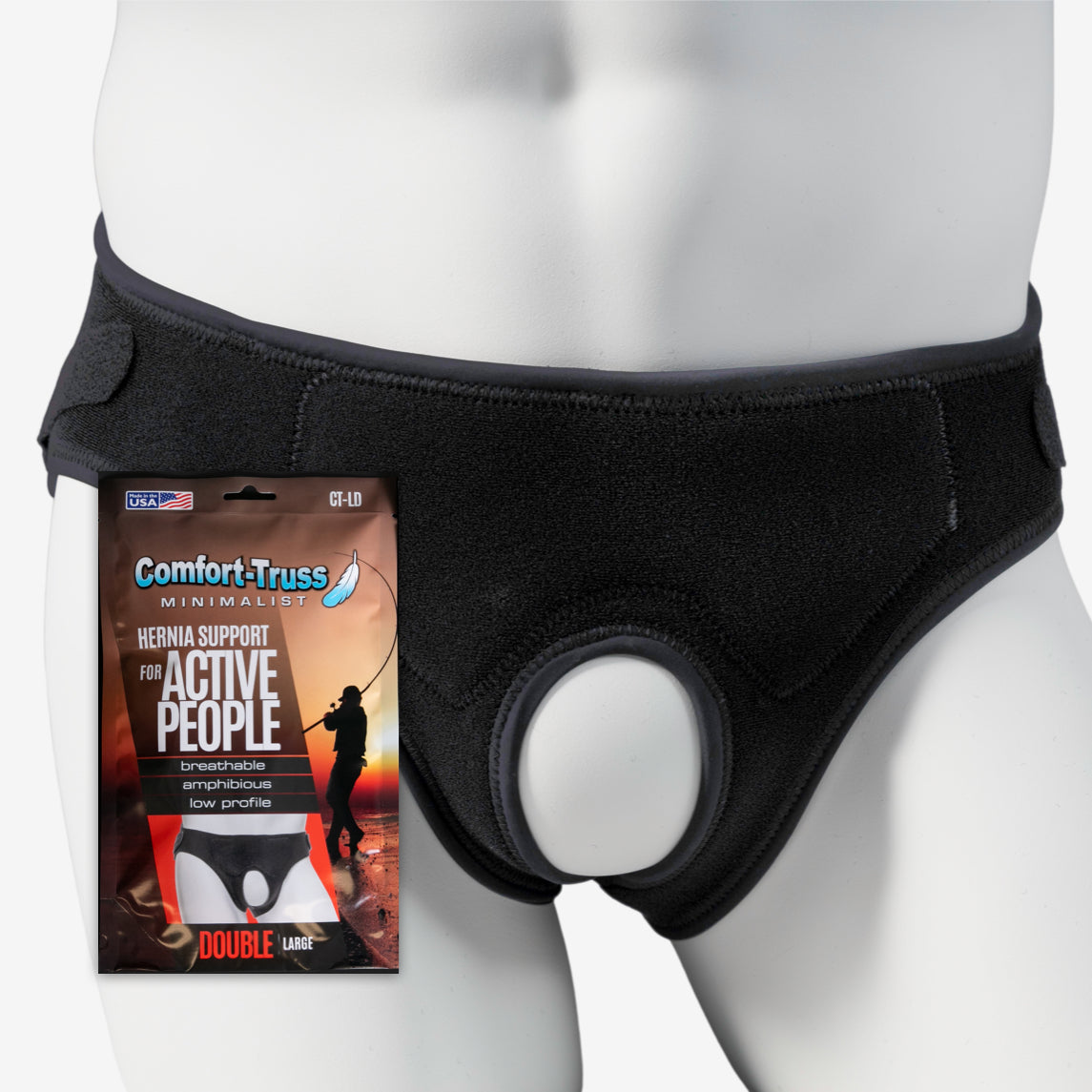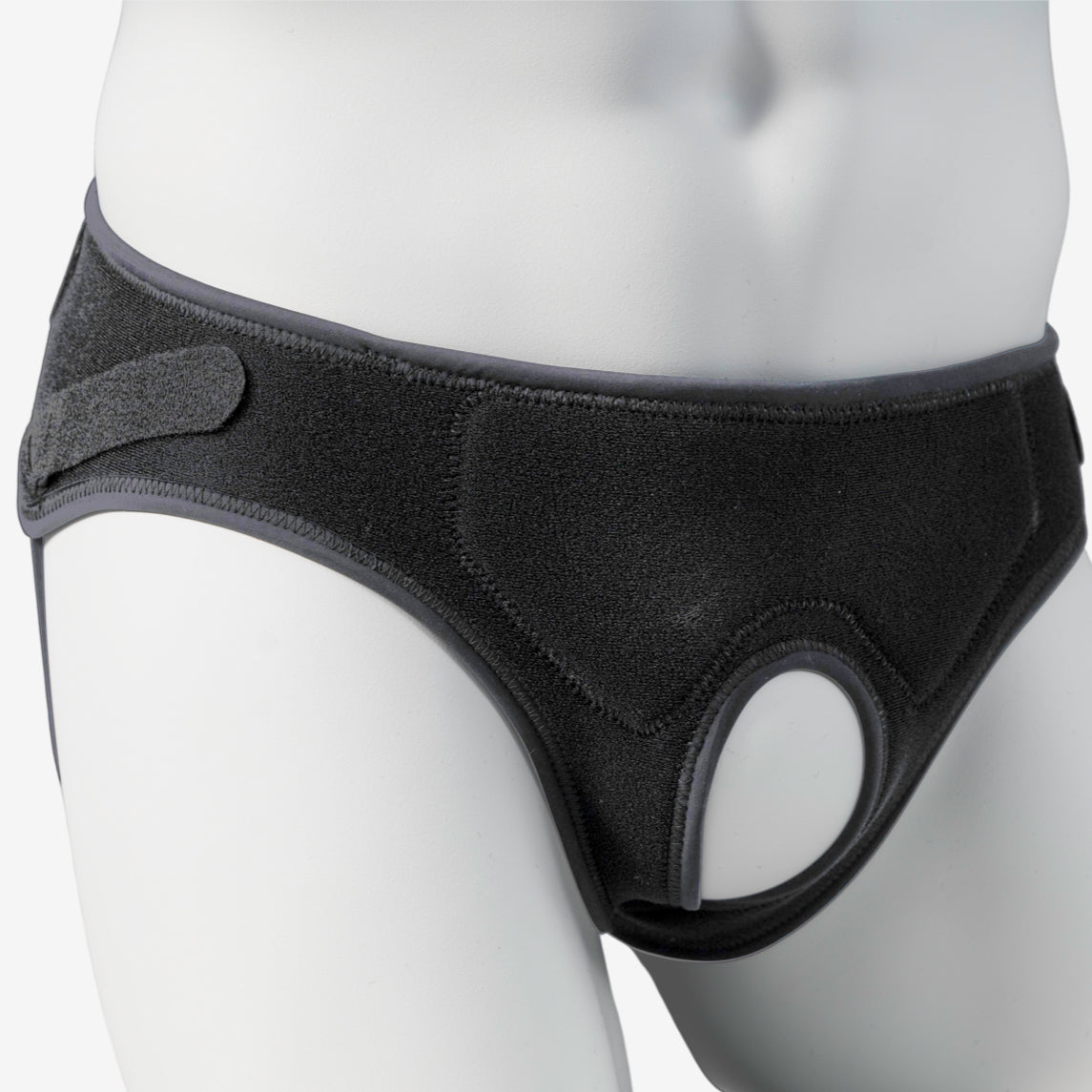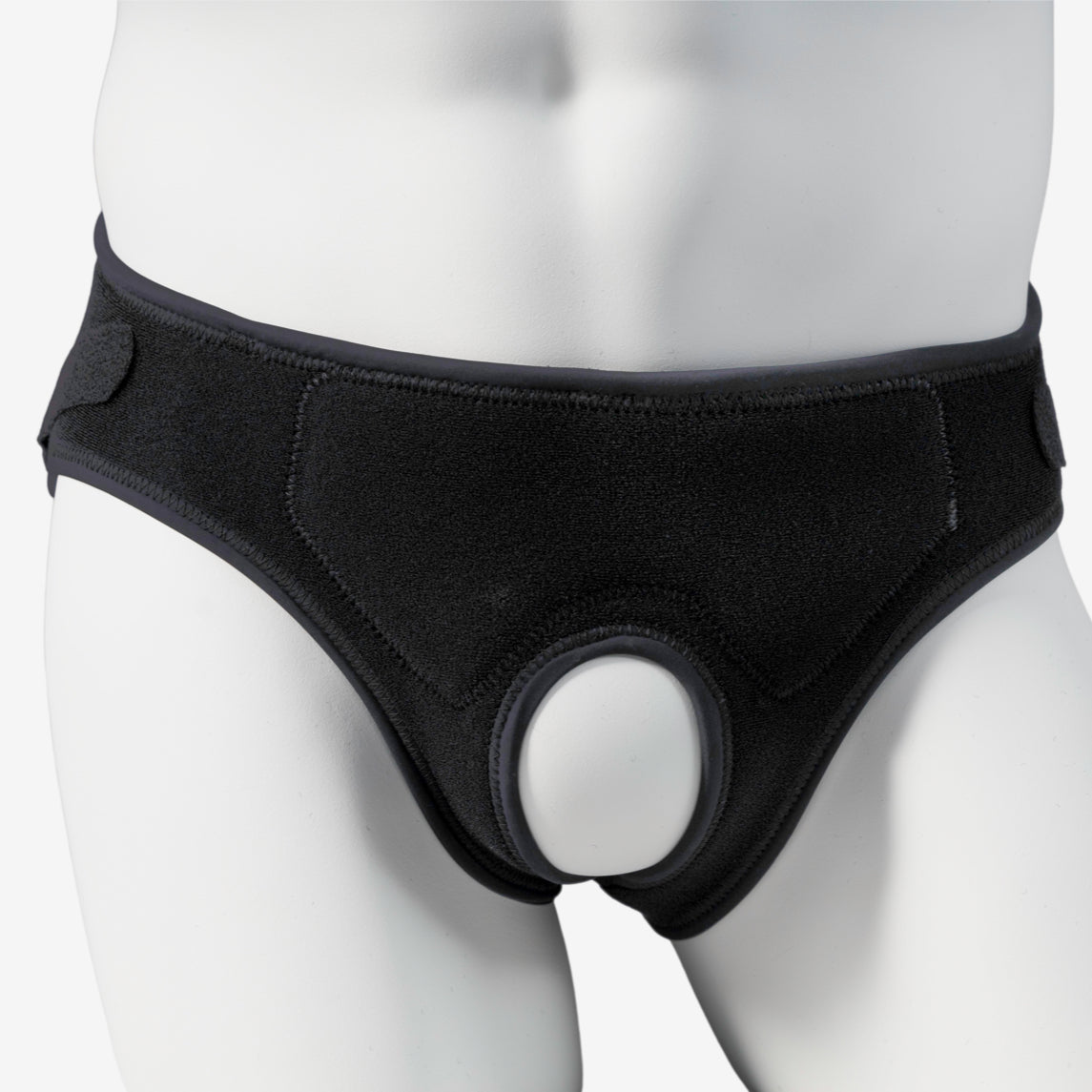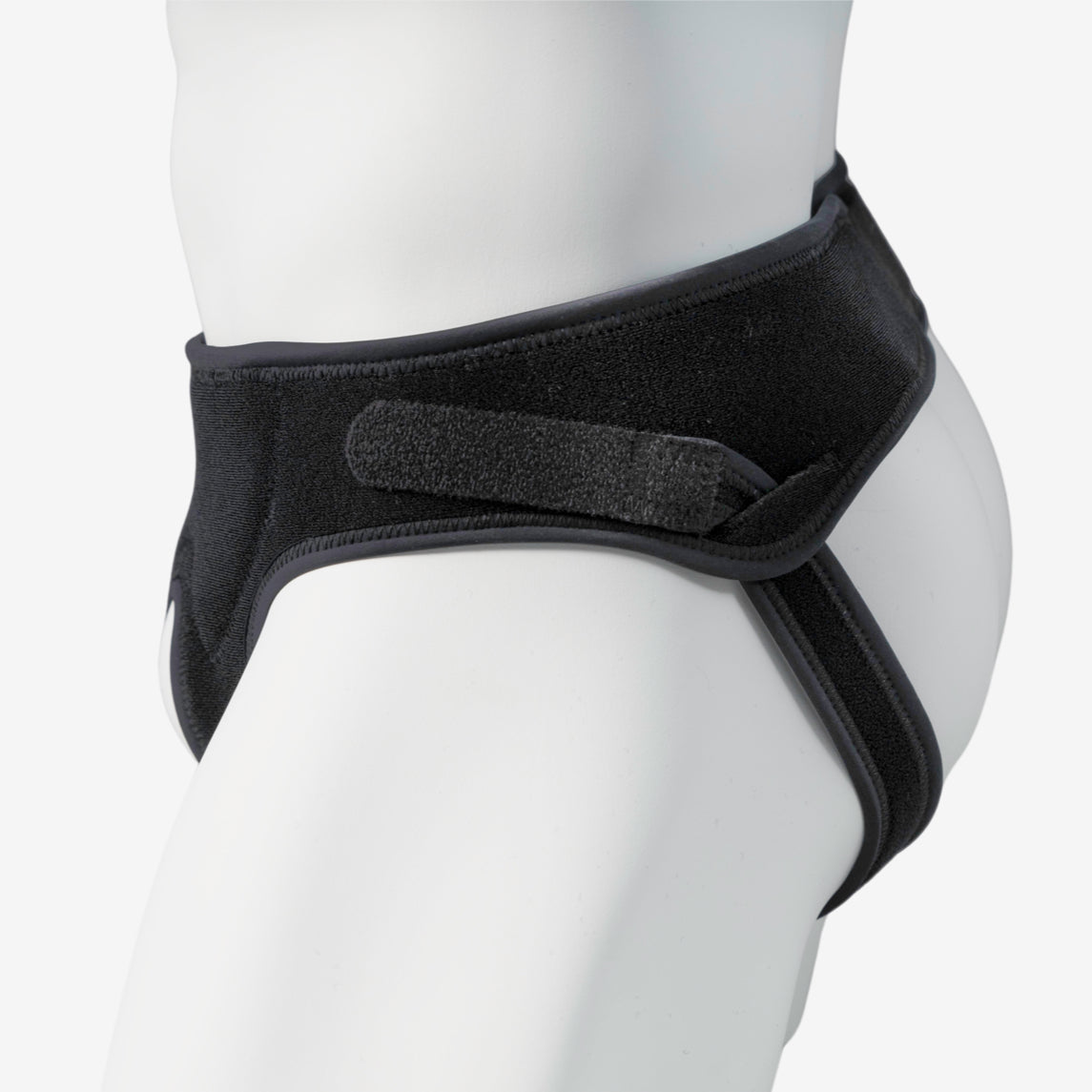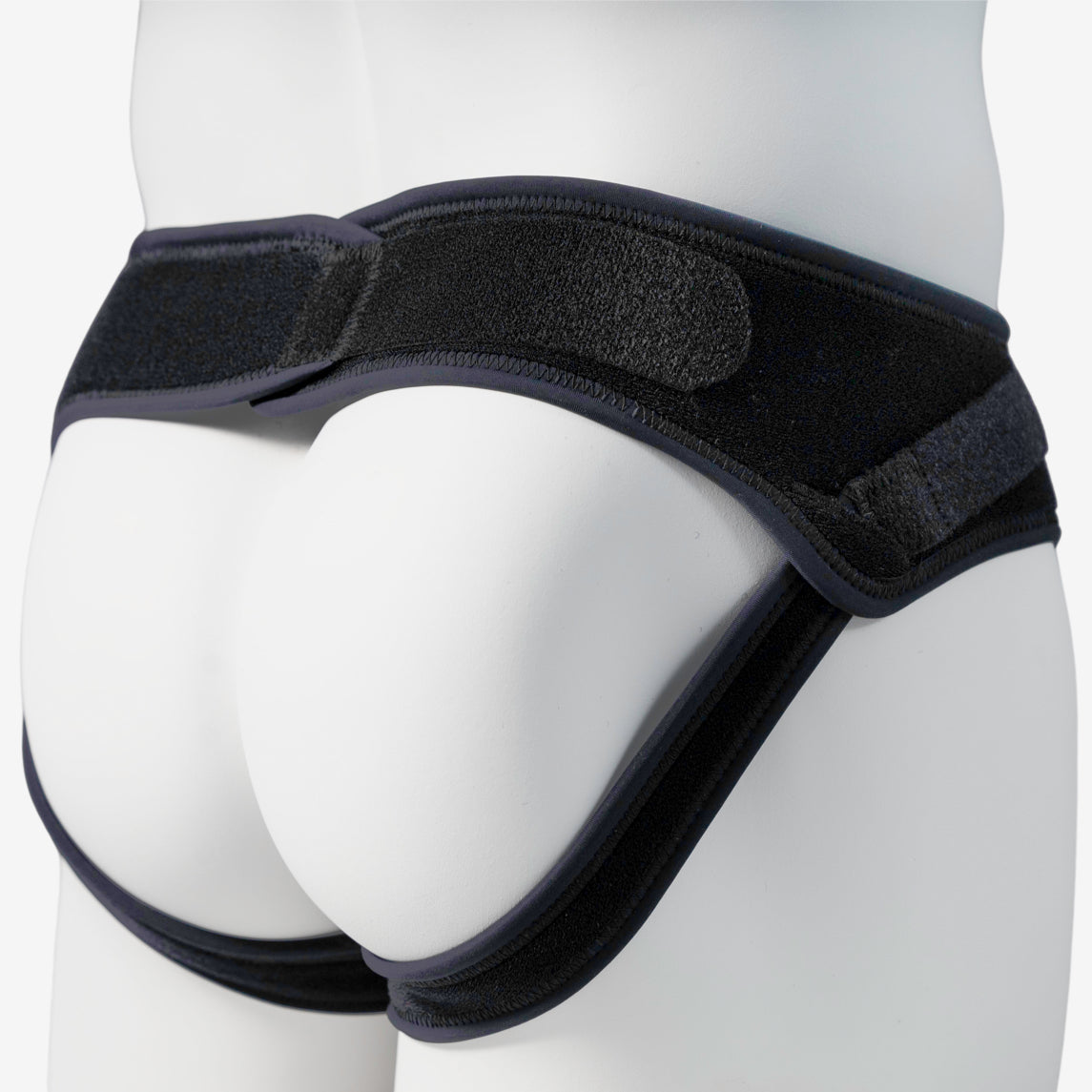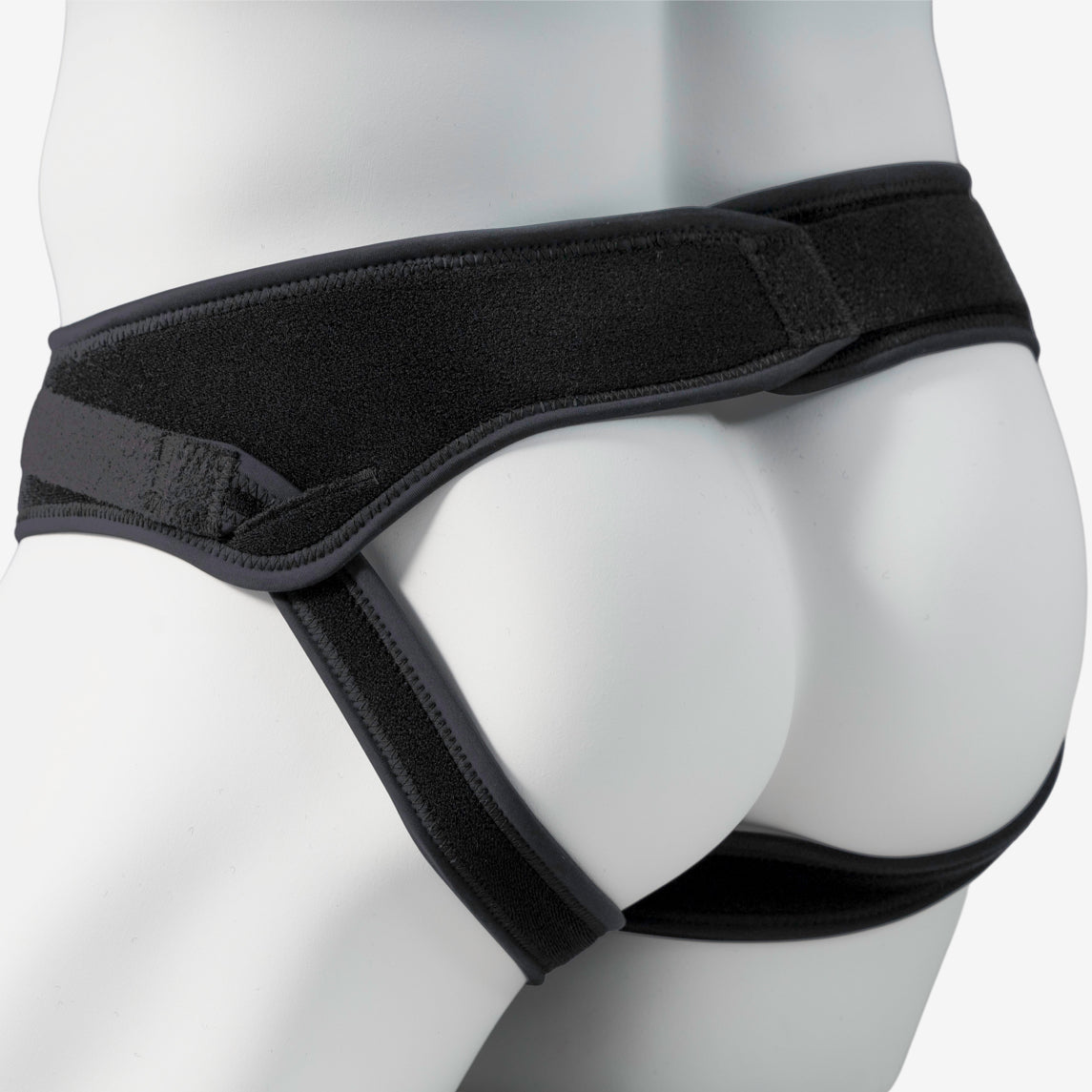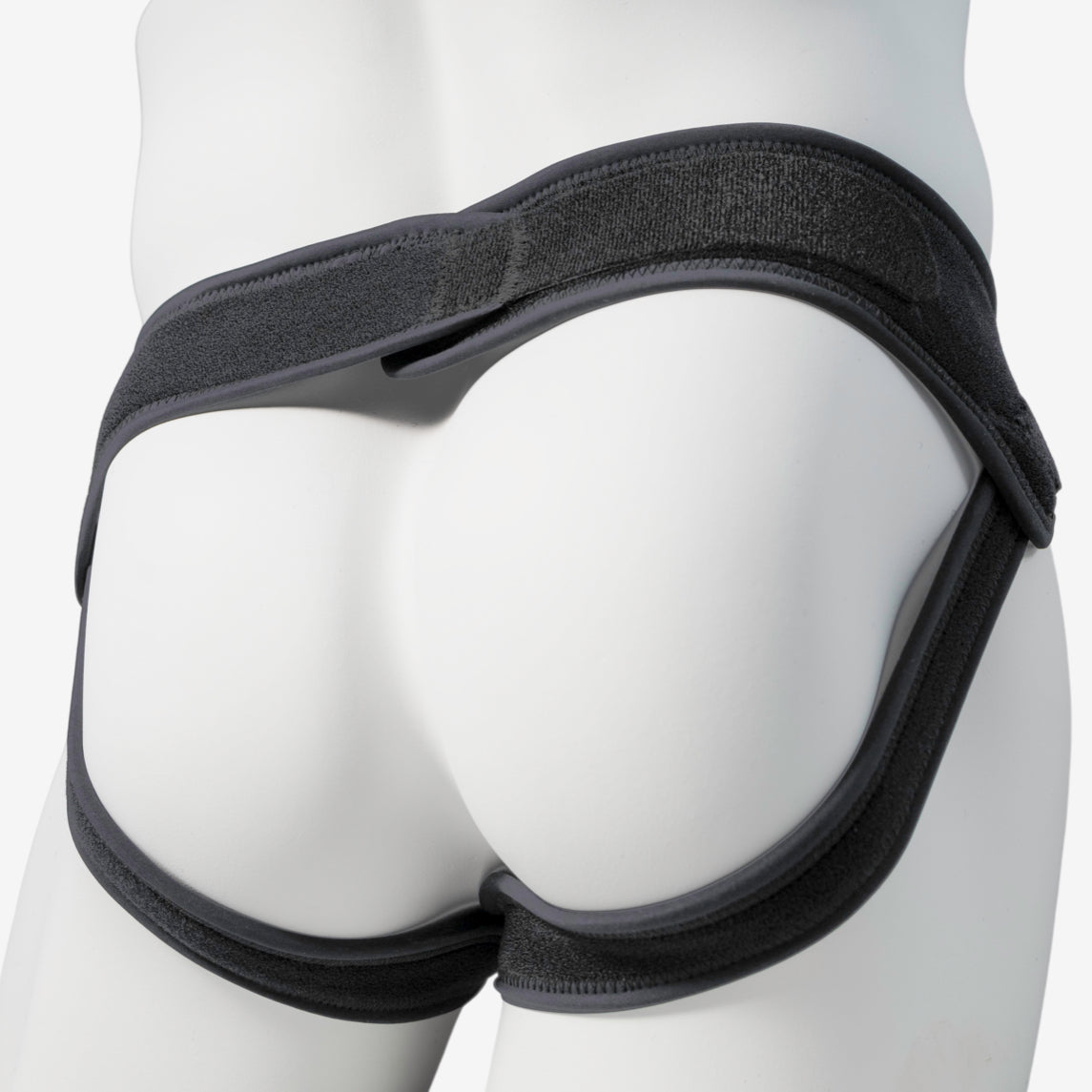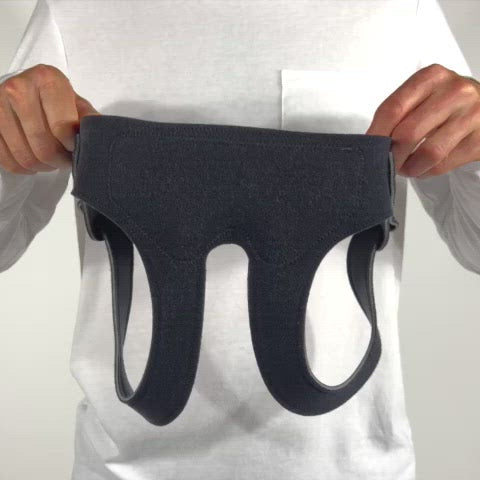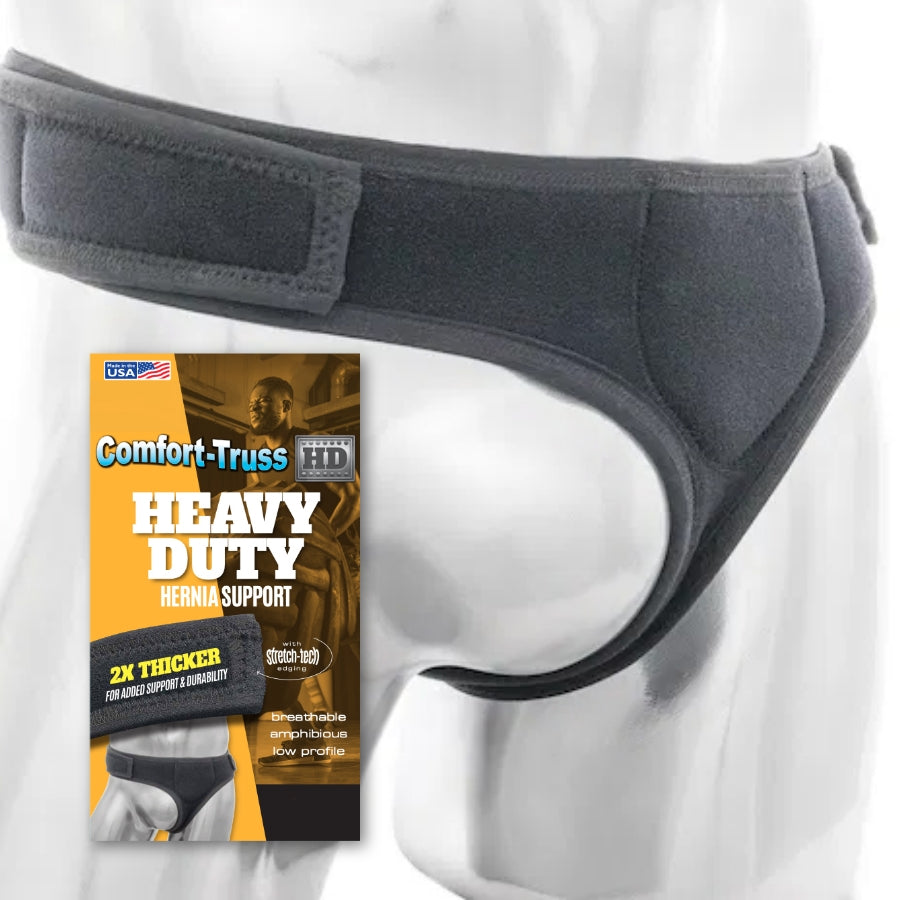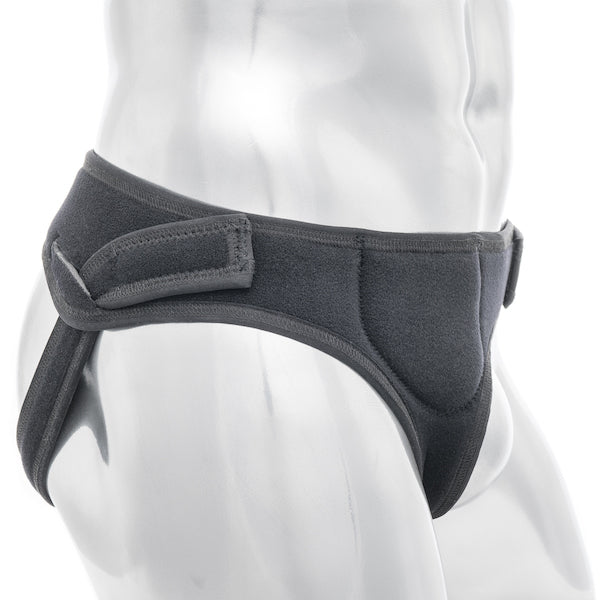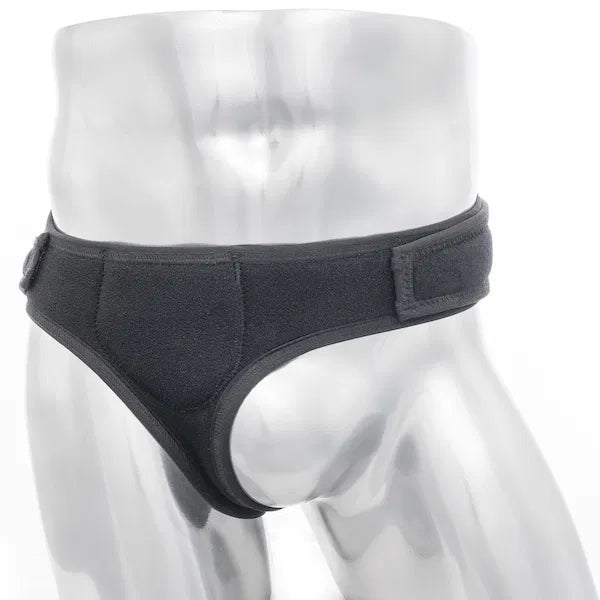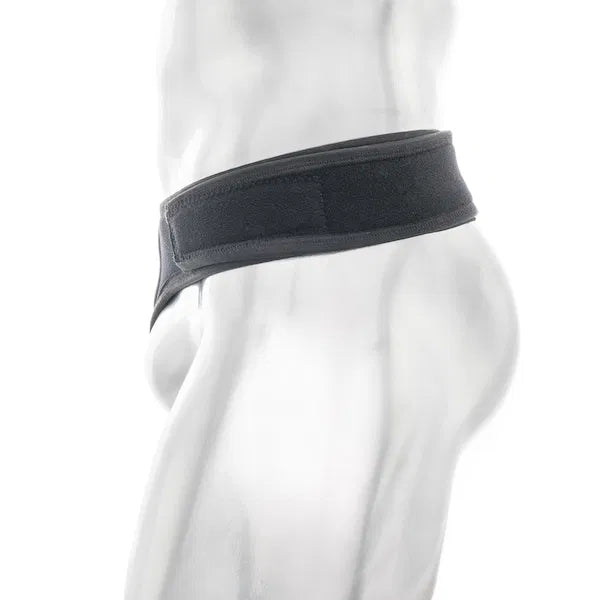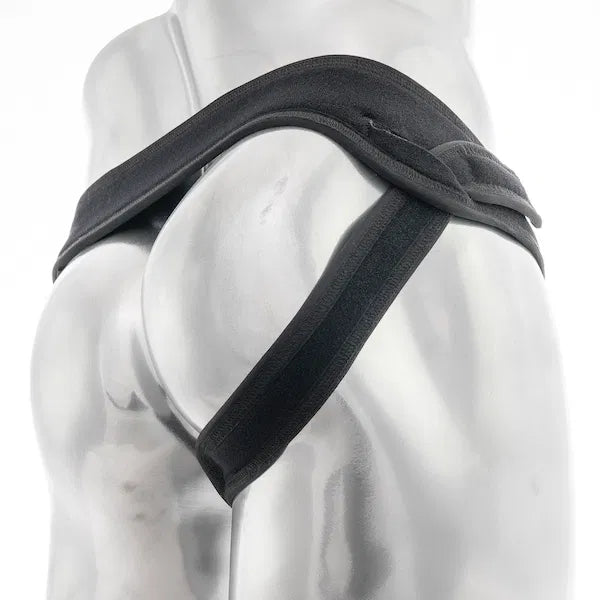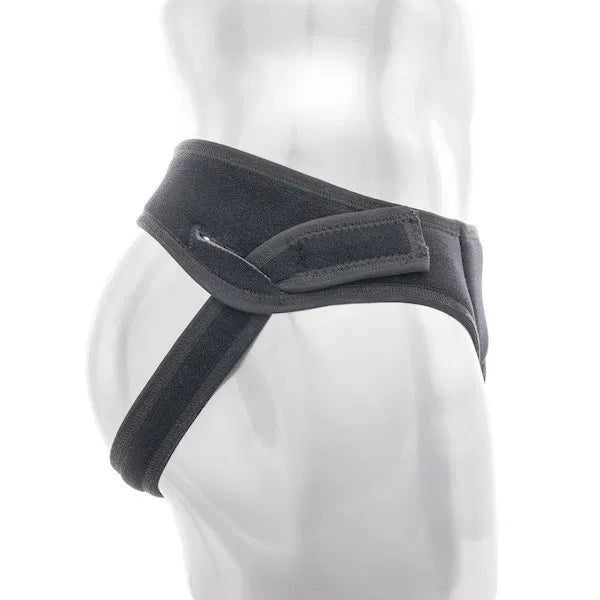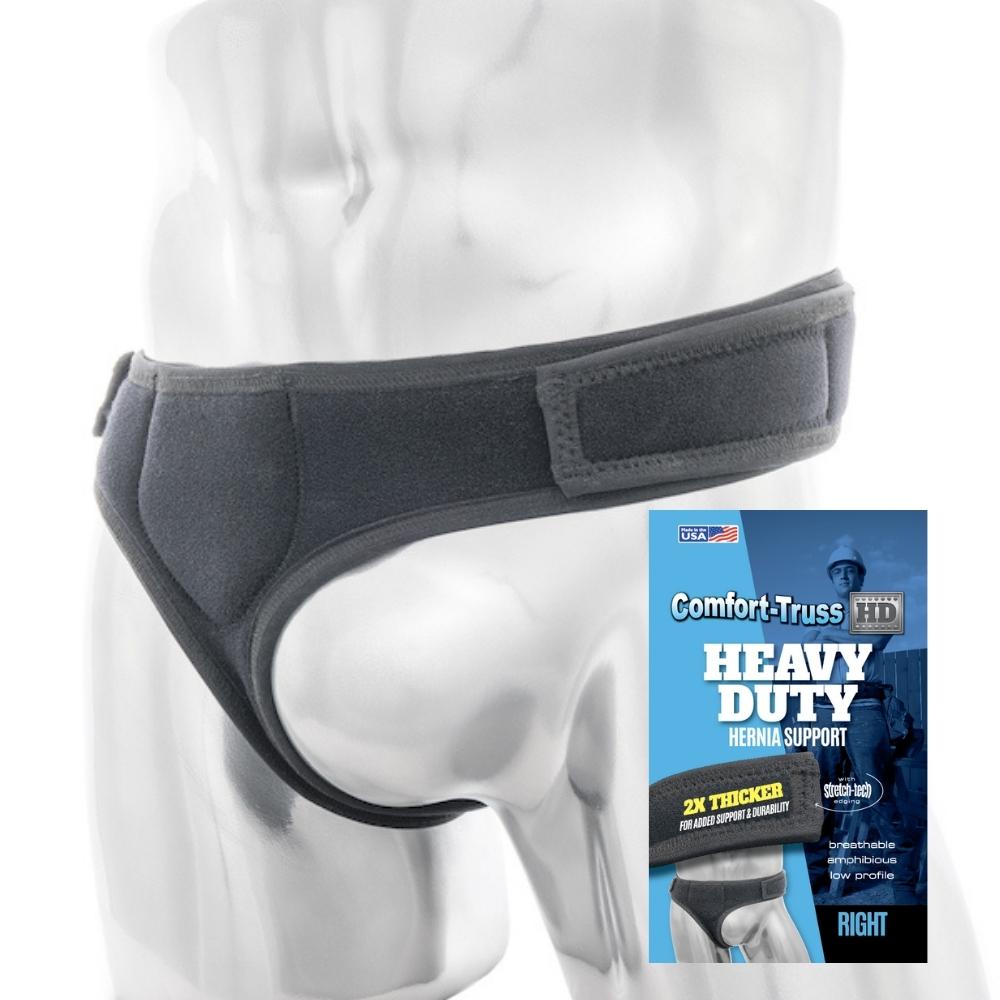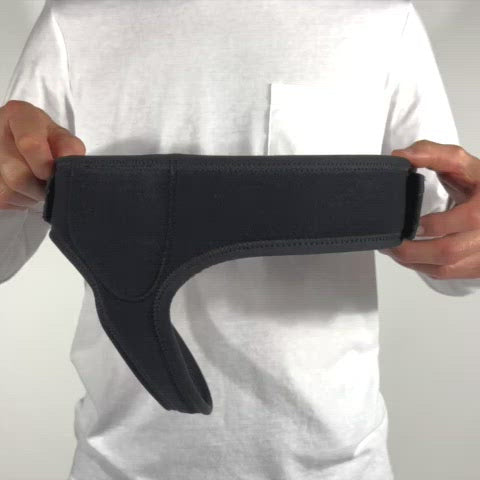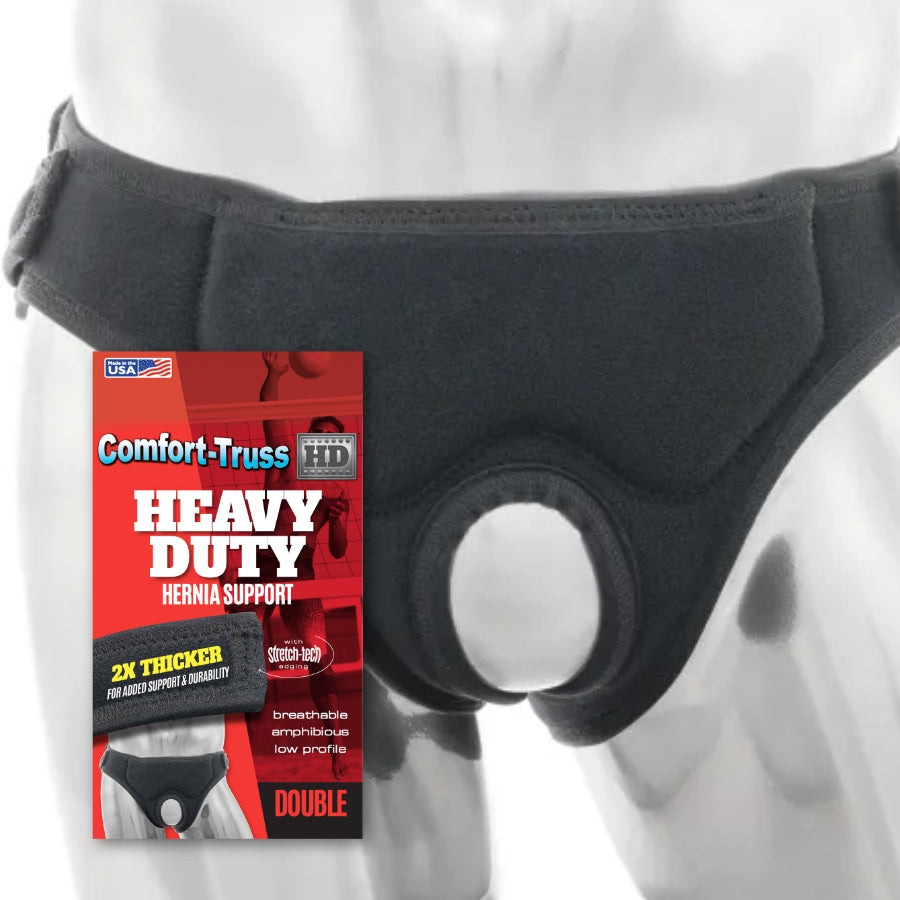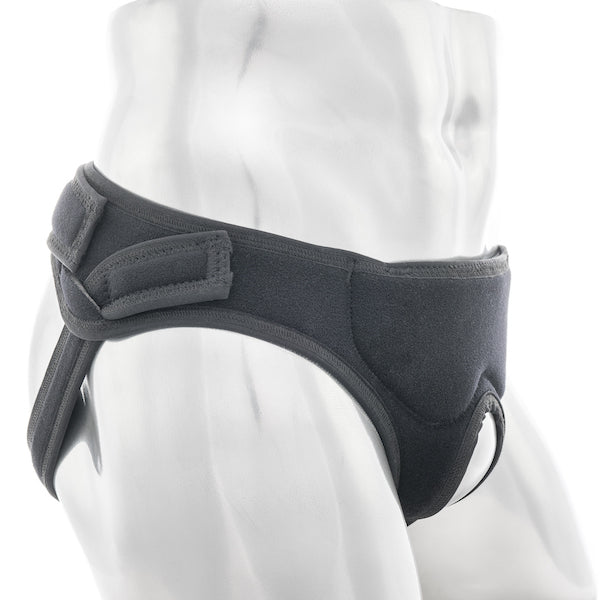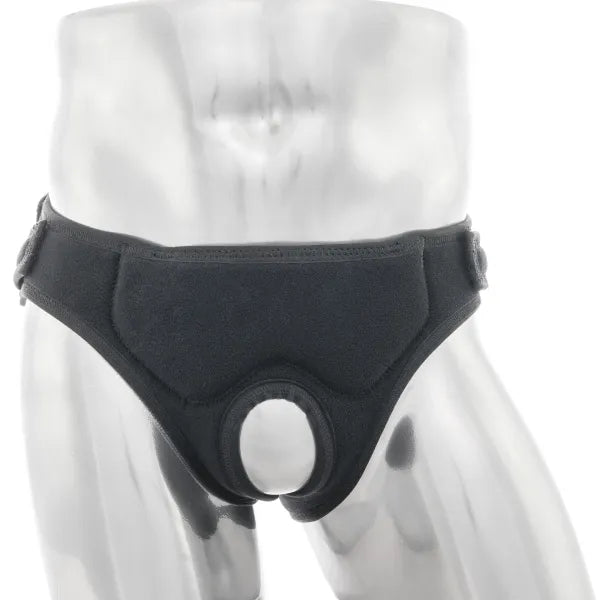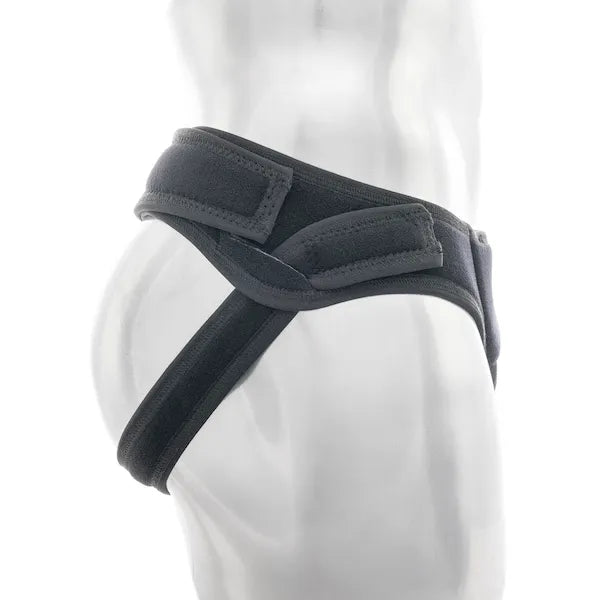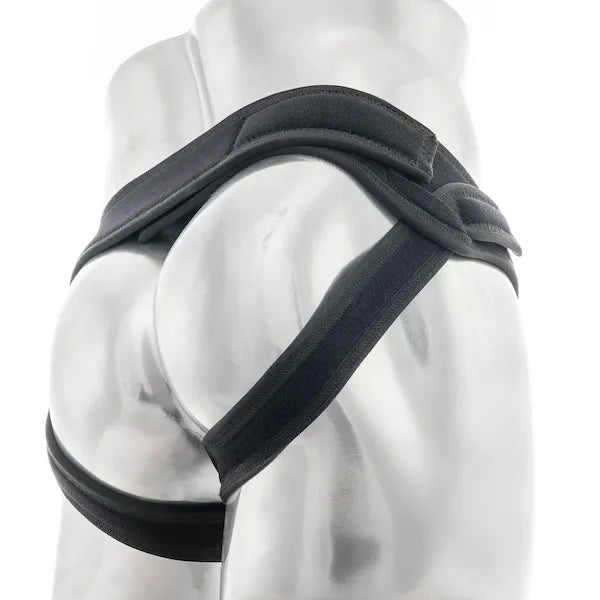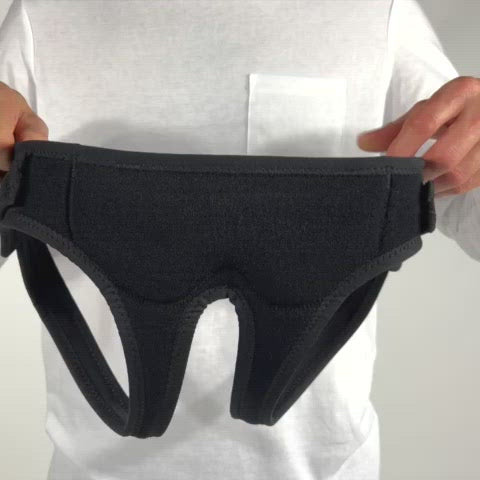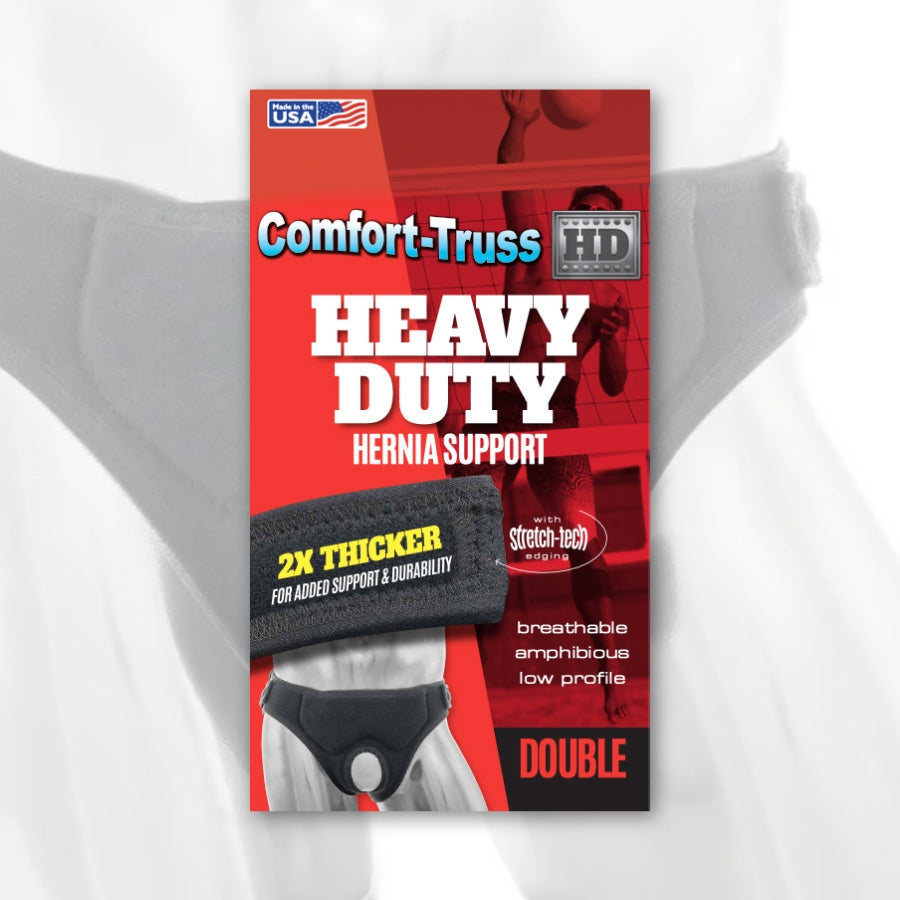Does Smoking Make a Hernia Worse?

By: Comfort Truss
Having a good understanding of how hernias impact your body and what can irritate them is critical to treatment and prevention. Does smoking make a hernia worse? Can alcohol cause a hernia? We'll tackle these questions and discuss how unhealthy lifestyle choices and habits can make your body susceptible to developing recurring, painful hernias.
You may already know that lifting heavy objects and constipation can cause a hernia (or irritate one that you already have). But did you know there are two more activities that can also wreak havoc on a hernia?
We'll discuss the link between smoking and hernias and show you why drinking with a hernia is a bad idea. Then we'll explain how wearing Comfort-Truss hernia support belts and enrolling in a Comfort-Truss support program can help if you have a hernia or think you may be developing one.
Smoking and Hernia Development
You already know the risks of smoking and how it affects your lungs, but did you know it also makes you more susceptible to hernias? Cigarettes, e-cigarettes and other forms of tobacco contain nicotine and other toxins that degrade collagen, a substance your abdominal walls depend on for strength. When you smoke, you weaken your defense against an inguinal hernia – which occurs when a portion of your intestine breaks through your abdominal wall.
Collagen is also a critical component post-surgery because it helps with wound healing. So for long-term smokers who've already had hernia surgery, it's more likely the hernia repair will fail. The lack of collagen causes complications and impairs recovery. Smoking can also weaken your immune system, resulting in difficulty healing infections that can occur after surgery.
Risks of Smoking With a Hernia
If you already have a hernia, smoking cigarettes can make things much worse. A smoker's chronic cough is a notorious side effect of cigarettes, putting a real strain on your abdominal wall. The continual stress of coughing weakens the muscles and can result in a tear in your abdominal wall and an ensuing hernia.

Your Hernia and Alcohol
Smoking isn't the only addictive substance linked to developing or worsening hernias. Can you drink with a hernia? It's not a good idea. Alcohol is a risk factor that can result in painful hernias. Your stomach, gastrointestinal tract and immune system are negatively impacted by indulging in alcohol, making you more susceptible to hernia development.
One type of hernia that's especially common in drinkers is the hiatal hernia, which occurs when a portion of the stomach protrudes through a weakened diaphragm. Alcohol can cause acid reflux, which contributes to a hiatal hernia. Drinking with a hernia can cause unnecessary pain and discomfort.
Other Inguinal Hernia Risk Factors
Other causes for inguinal hernias include lifting heavy objects, obesity and constipation – all of which are preventable. Add cigarette smoking and alcohol consumption to these risk factors, and you realize it's quite possible to avoid ever getting an inguinal hernia.
Overindulging in any activity – drinking, smoking or eating – has negative consequences for your health. Adopting good lifestyle habits can dramatically improve your overall mental and physical health — and your ability to manage an existing hernia. Inguinal hernias are common for smokers and nonsmokers alike – especially in men – but you can work to prevent a hernia from developing in the first place.
A Proactive Approach to Managing Your Hernia
George Hirst, the founder of Comfort-Truss, was able to manage his hernia without surgery. Using a hernia belt he devised for himself, and by making certain lifestyle changes, he was able to reduce his hernia to the point where he is now asymptomatic. You can learn the techniques George used to deal with his hernia and see how they can help you. The Proactive Approach to Hernia Intervention has everything you need to head down the right path to managing your hernia.

George Hirst
George Hirst is the creator of the Comfort-Truss hernia belt and the voice behind its blog. As an athlete determined to continue living an active life without surgery, and frustrated by the lack of comfortable, functional options after his own hernia diagnosis, he developed a solution that could keep up with an active lifestyle. His writing draws on deep personal experience, insights from a large community of hernia sufferers, and a commitment to helping others manage their condition without giving up the activities they love.







